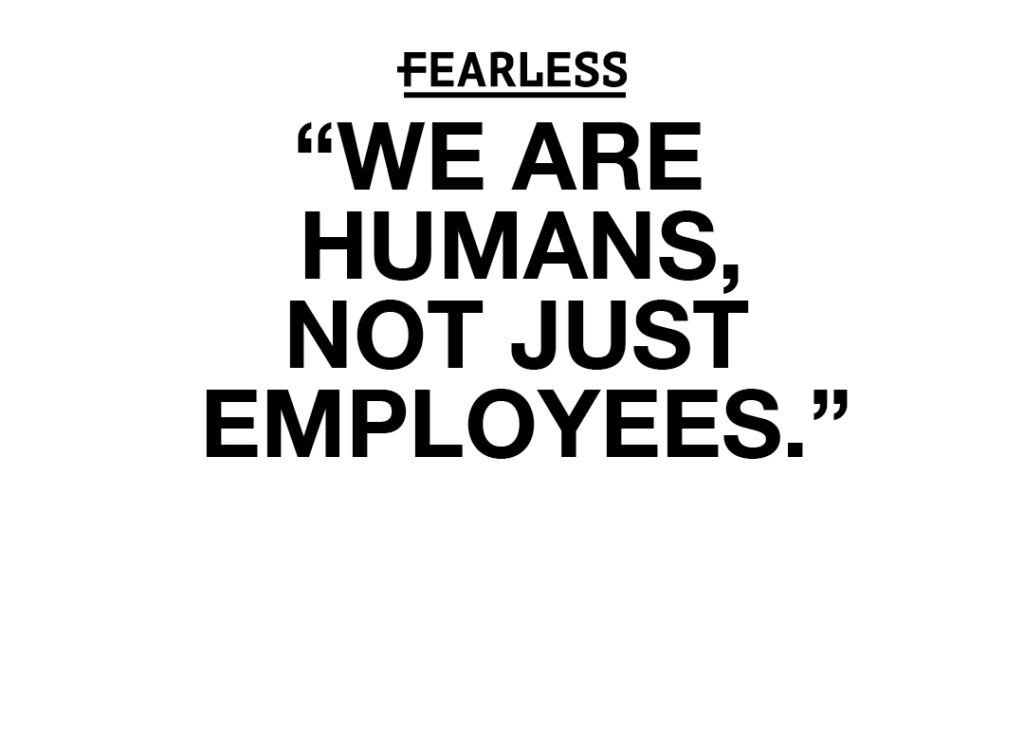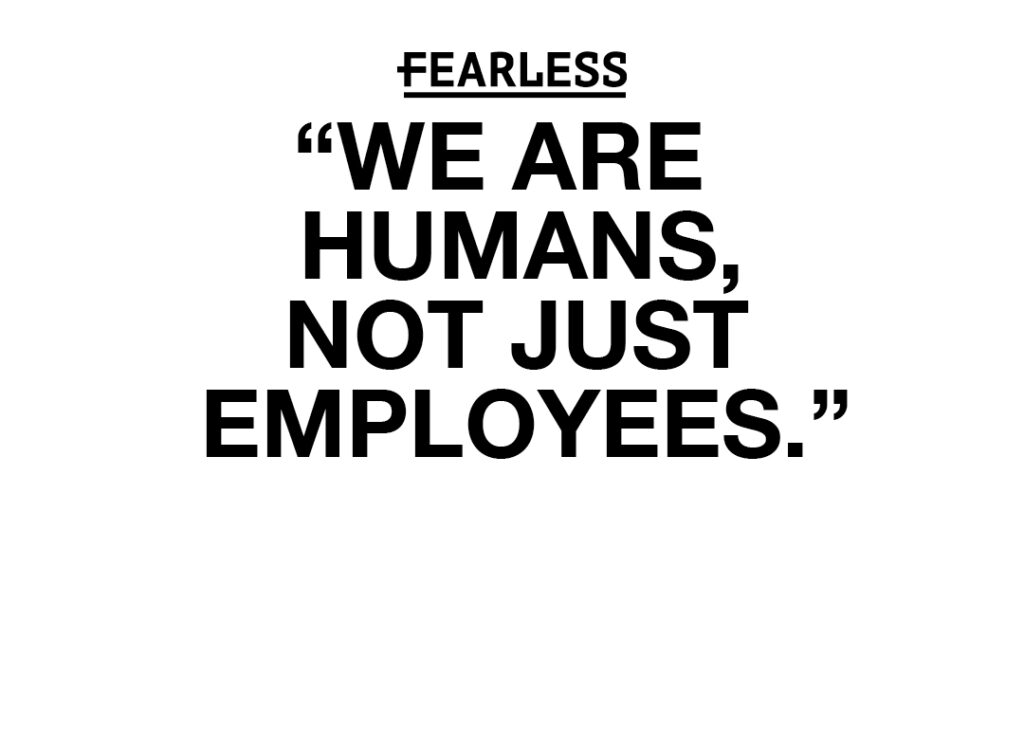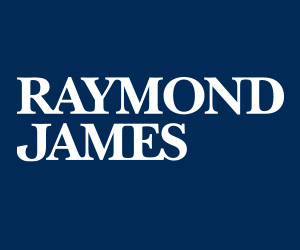The Elbert Files: Historic vote approaching

DAVE ELBERT Feb 21, 2018 | 1:44 pm
3 min read time
624 wordsBusiness Record Insider, Opinion, The Elbert FilesTuesday, March 6, will be a historic day for Des Moines.
It’s when residents of the city, rural Polk County and nine contiguous suburbs — Altoona, Bondurant, Clive, Grimes, Johnston, Pleasant Hill, Urbandale, West Des Moines and Windsor Heights— vote on adopting a 1-cent, local-option sales tax that is expected to generate $79 million annually, including $37 million for Des Moines.
It’s pretty much a do-or-die situation for Des Moines, because without the sales tax the city won’t be able to repair streets in a timely fashion, neighborhood blight will expand, public safety decrease and property taxes go up.
The local-option sales tax was created during the 1980s farm crisis, as an alternative source of revenue for city and county governments. Since then, it’s been adopted by virtually the entire state, except for the areas around Des Moines and Iowa City.
Ames and Sioux City were among the first in 1987. Dubuque, Davenport, Waterloo, Cedar Falls and Mason City followed. Cedar Rapids climbed aboard following the flood of 2008.
The Des Moines area has voted against a local sales tax three times: in 1985 by a margin of 56-44, in 1996 by a 57-43 margin and in 2007 when 87 percent voted “no.”
The political landscape in Des Moines today is much different from what it was 11 years ago when local officials pledged one-third of the sales tax would be used for quality-of-life enhancements, including the zoo, Civic Center and recreational trails.
Today, many of the amenities sought by the 2007 referendum have been achieved with private fundraising. But the larger goals of property tax relief and sustainable funding for the city have not. For many years, Des Moines has operated with what finance experts call a structural deficit. Annual expenses, including equipment, payroll and pensions, are increasing faster than the city’s income. The difference is about 1.5 percent, or about $2 million to $3 million a year.
Des Moines, unlike most Iowa cities, can’t keep pace because 40 percent of the property in the city belongs to nonprofits or governmental agencies, which are exempt from property taxes. The solution, according to City Manager Scott Sanders, is to broaden the tax base to include public and private schools, hospitals and government agencies.
One way to do that is with a franchise tax, which is a local sales tax on utility bills. Some years ago, Des Moines created a franchise tax. But the city had to give it up and start over when the original effort was declared unconstitutional. But even the 7.5 percent franchise tax isn’t enough today to cover the city’s needs. So, officials now want to do what nearly every other Iowa city has already done, approve a 1-cent, local-option sales tax.
One persistent argument against the sales tax has been that it is regressive. That was true 50 years ago, but that has not been the case since the mid-1970s when lawmakers exempted most foods and medicines from the tax.
Today, Iowa’s sales tax is no more regressive than the state income tax and much less regressive than property taxes, which low-income people pay in the form of rent, even when they don’t own property.
If approved, Des Moines officials say they will use half of the new revenue for property tax relief, 20 percent for long-overdue street improvements, 20 percent for neighborhood improvements, including a “blitz on blight” effort and 10 percent for public safety improvements.
For a more specific breakdown, and to see how the nine suburbs will spend their money, go online to YesForMeasureA.com.
When I asked City Manager Sanders what his Plan B is if the referendum fails, he frowned and said: “Higher taxes and reduced services. I don’t know how else to say that.”









